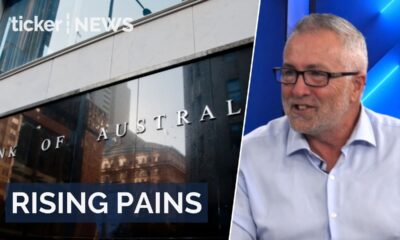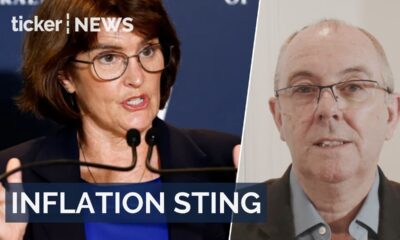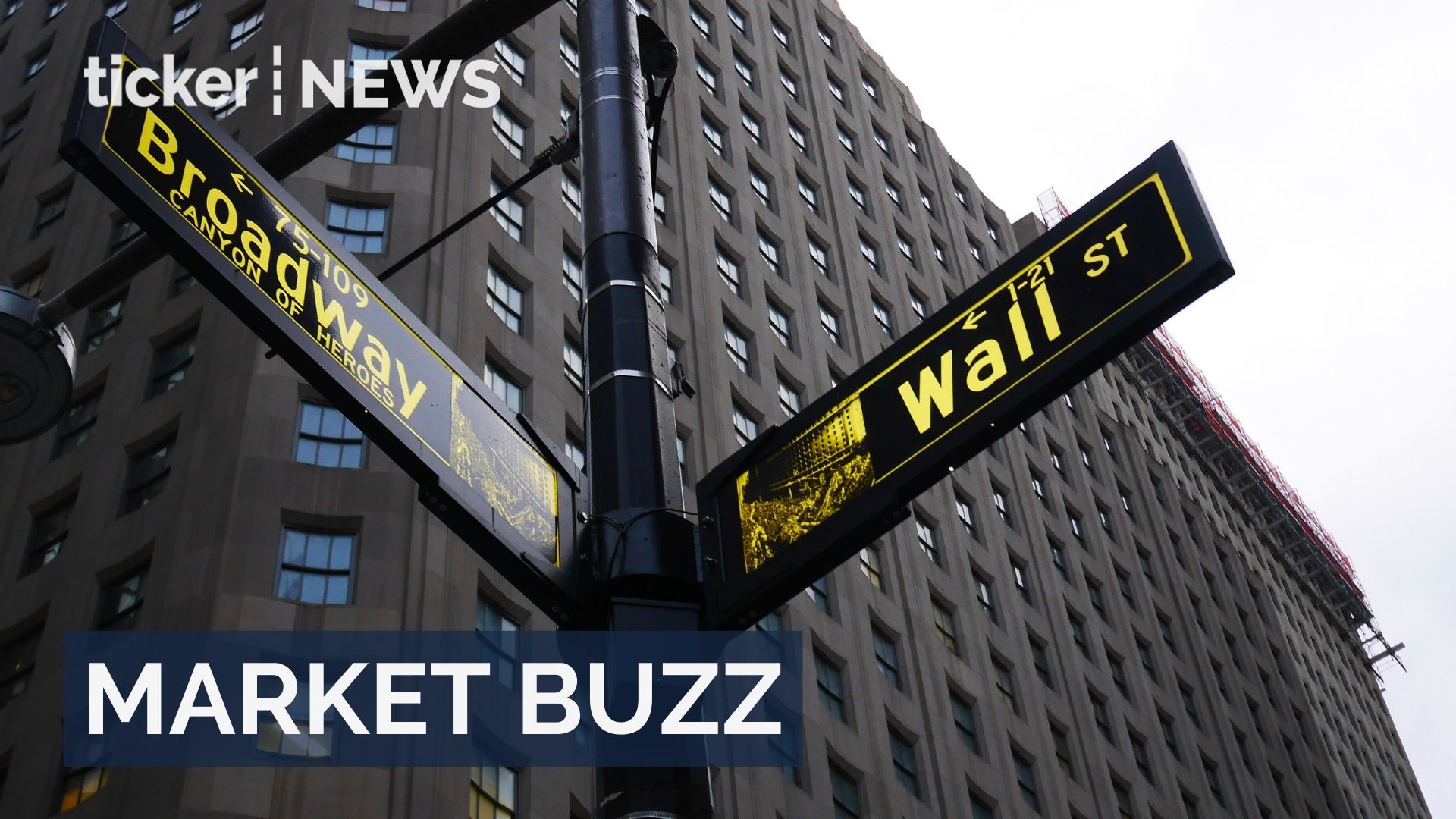Money
Wendy’s strikes deal to bring iconic burgers to Australia

Money
AI funding surge: How Nvidia and Oracle are reshaping capital markets
AI infrastructure revolutionizes capital raising, with Nvidia, OpenAI, and Oracle leading; explore funding shifts and future impacts.
Money
Australia’s inflation hits 3.8%: Budget decisions under pressure
Australia’s inflation hits 3.8%, raising concerns for households; Dr. Enticott discusses implications for everyday Australians and economic planning.
Money
Wall Street gains momentum amid tech and earnings surge
U.S. stocks rose Monday, driven by Oracle gains, as investors overlooked recent silver and bitcoin losses ahead of earnings week.
-



 Ticker Views13 hours ago
Ticker Views13 hours agoElon Musk merges SpaceX and xAI to create solar-powered AI data centres
-



 Tech3 days ago
Tech3 days agoNvidia and Amazon explore massive OpenAI funding round
-



 Money1 day ago
Money1 day agoAustralia’s inflation hits 3.8%: Budget decisions under pressure
-



 Money2 days ago
Money2 days agoWall Street gains momentum amid tech and earnings surge
-



 Shows3 days ago
Shows3 days agoHow AI is transforming real estate investment strategies
-



 Ticker Views1 day ago
Ticker Views1 day agoUS-Russia nuclear arms control treaty comes to an end
-



 Ticker Views13 hours ago
Ticker Views13 hours agoRBA interest rate increase explained – impact on Australians
-



 Ticker Views4 days ago
Ticker Views4 days ago3 things to know about Kevin Warsh, Trump’s nod for Fed chair






